When you think about working in Korea, you might picture long hours, company dinners, and a strict hierarchical structure. While these aspects have been part of the traditional Korean work environment, the culture is evolving, especially with the influence of younger generations and innovative startups. 😊
Let’s dive into the myths and realities of Korean company culture and see how things are changing.
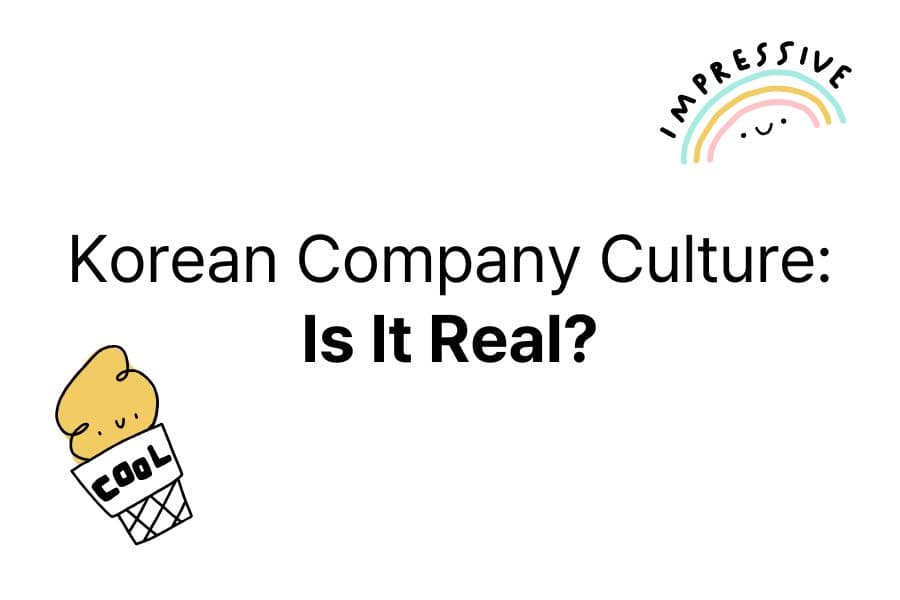
Clarifying Misconceptions About Korean Company Culture
Common Perceptions
It’s no secret that Korean company culture has a reputation for being intense. Many have heard about the long hours, mandatory company dinners (회식), and the rigid hierarchical structure. These elements can indeed be found in many workplaces, but there’s more to the story. Not all companies operate this way, and significant changes are happening, especially in the younger and more progressive sectors of the economy.
Evolving Culture
The landscape of Korean company culture is shifting. Many startups and even some large corporations are adopting more modern, employee-friendly practices. However, it’s also true that companies outside metropolitan areas or those with a higher percentage of older employees might still adhere to traditional norms.
Traditional Korean Company Culture
Overtime Work
In traditional Korean companies, working overtime is often seen as a demonstration of dedication and loyalty. Employees might stay late to show their commitment to their job and their company. However, this is slowly changing as more companies recognize the importance of work-life balance.
Company Dinners (회식)
Company dinners, or 회식, have been a staple of Korean work culture. These gatherings, often involving food and drinks, are intended to build team spirit and strengthen relationships. While they can be enjoyable, they are sometimes seen as obligatory, adding to the pressure on employees.
Vertical Hierarchy
The hierarchical structure in traditional Korean companies is another well-known aspect. Seniority is highly respected, and decisions typically flow from the top down. This structure can sometimes stifle creativity and open communication, but it also fosters a sense of order and respect.
Changes in Modern Korean Companies
Startups Leading the Change
Startups in Korea are at the forefront of changing work culture. They tend to prioritize flexibility, creativity, and a more balanced approach to work. These companies often offer flexible working hours, casual dress codes, and a more relaxed hierarchy, appealing to younger employees and fostering innovation.
Improvements in Large Corporations
Large corporations are also making strides in improving their work culture. Many are implementing policies to promote work-life balance, such as reducing overtime, offering remote work options, and encouraging vacation use. These changes are largely driven by the younger generation of employees who value personal time and well-being.
Regional Differences
It’s important to note that company culture can vary significantly depending on the location. Companies in metropolitan areas like Seoul and Busan are more likely to adopt modern practices, while those in more rural areas may stick to traditional ways. Additionally, industries with a higher concentration of older employees might be slower to change.
Misunderstandings and Exploitations
Misunderstandings by Foreigners
Sometimes, cultural misunderstandings can lead to challenges for foreign employees. Some companies might take advantage of these misunderstandings to maintain traditional practices that are becoming outdated. It’s essential for foreign workers to educate themselves about both the traditional and modern aspects of Korean work culture to navigate their workplaces effectively.
Pressure of Competitive Culture
Regardless of the changes, one aspect that remains is the competitive nature of Korean work culture. There’s often a high volume of work and significant pressure to perform well. Even in companies with a good corporate culture, the workload and expectations can be intense. Understanding this aspect can help you prepare mentally and manage your work-life balance better.
So… Korean company culture, is it real?
Korean company culture is a blend of traditional practices and modern innovations. While overtime, company dinners, and a hierarchical structure still exist, many companies are evolving, driven by younger employees and progressive startups. However, the competitive nature of Korean work culture remains, which can be both a challenge and an opportunity for those ready to embrace it. 😊
Learn Korean company culture with JAEM!
Learn Korean with JAEM Korean App & JAEM Challenge: Discover the best way to learn real Korean with our comprehensive app. Enjoy a wide variety of free lessons and courses designed to help you master the language. Also, our unique JAEM challenge program guides you from an upper-beginner level to a master course, all under the guidance of Native Korean Coaches. Whether you’re just starting out or looking to refine your skills, this program offers an effective path to fluency.
Our Book: Additionally, explore our comprehensive book that covers essential Korean language skills and strategies. This valuable resource complements our app and AI program, providing a holistic approach to mastering Korean.
Master Korean with JAEM Blog! : Looking for the best tips to improve your Korean? JAEM Blog has everything you need! From TOPIK strategies to vocabulary and writing tips, we provide expert insights to help you study smarter. Stay updated with practical content and take your Korean learning to the next level! 🚀
If you want to know more about Korean company culture and learn Korean Words with 1:1 Korean teacher, There is another service name “Chapter Korean“
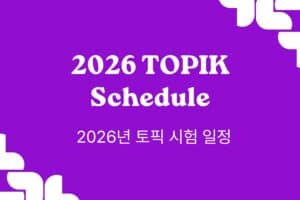
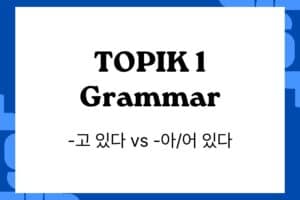
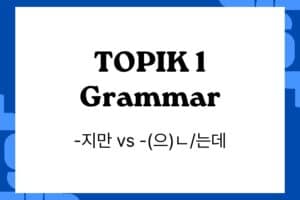
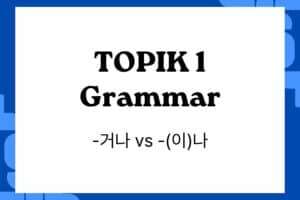
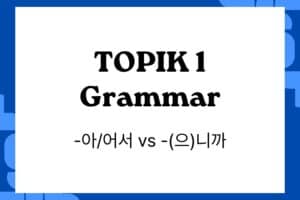
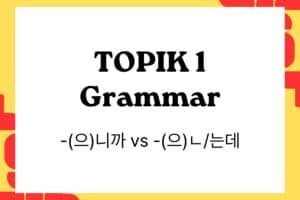
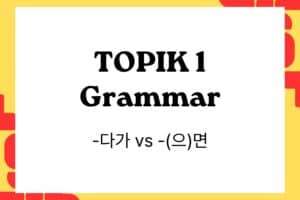
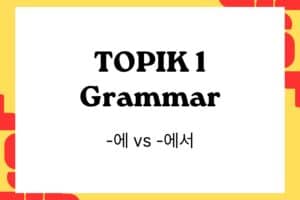
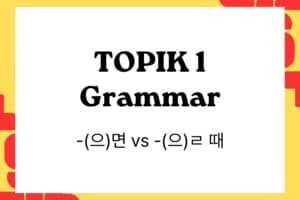
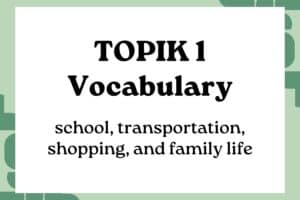
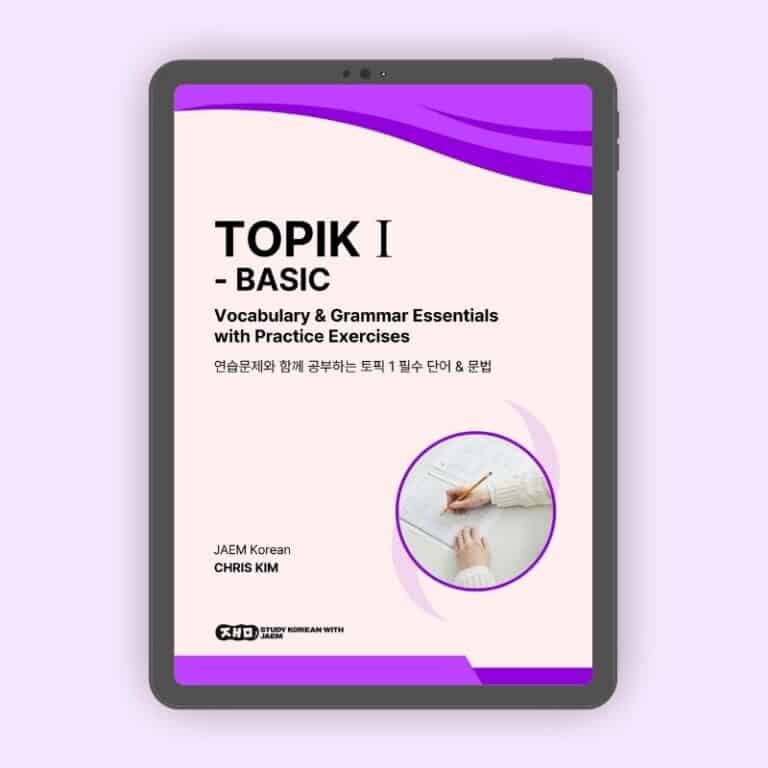
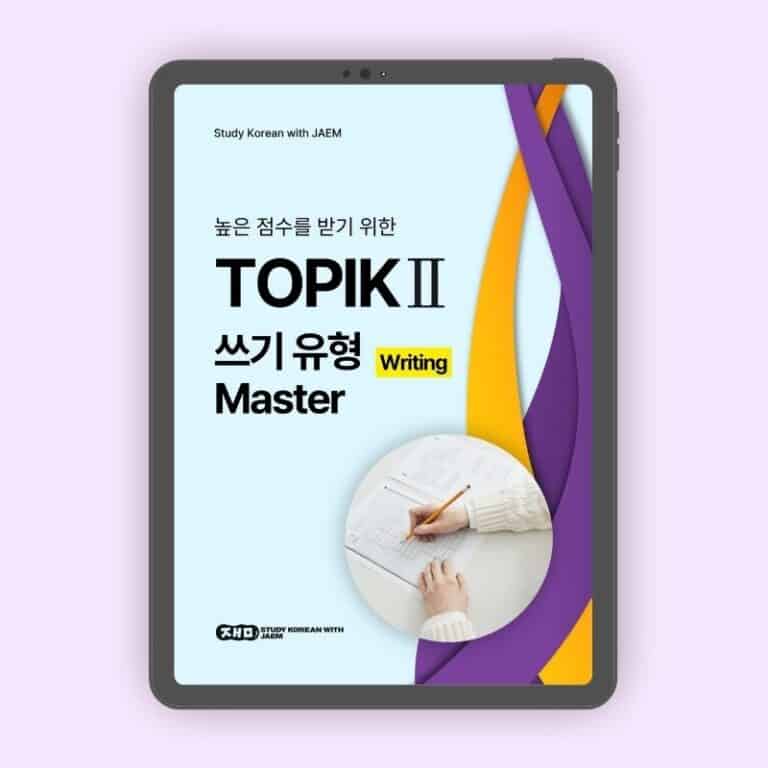
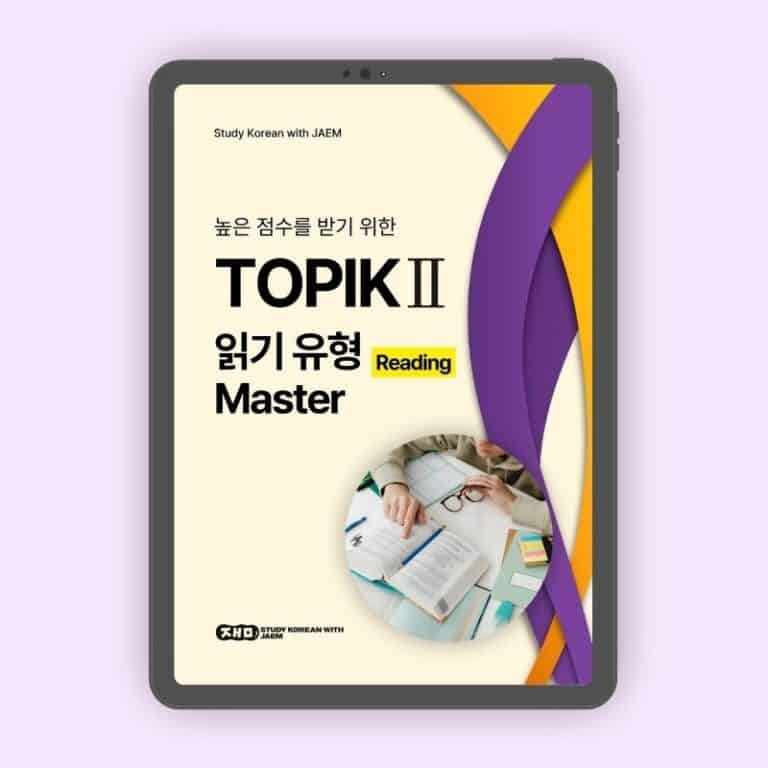






Responses